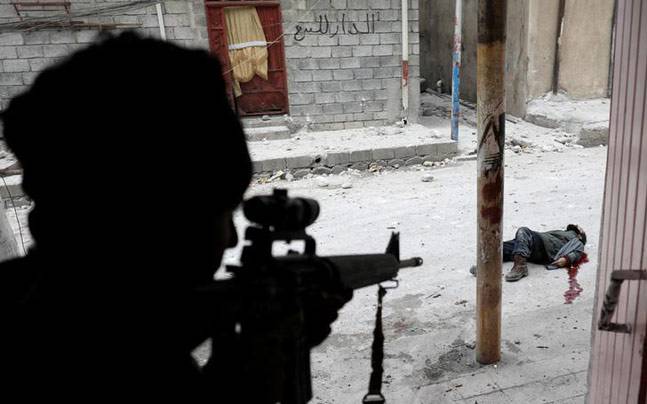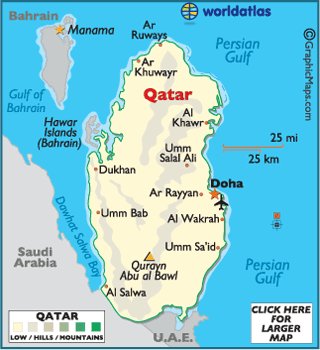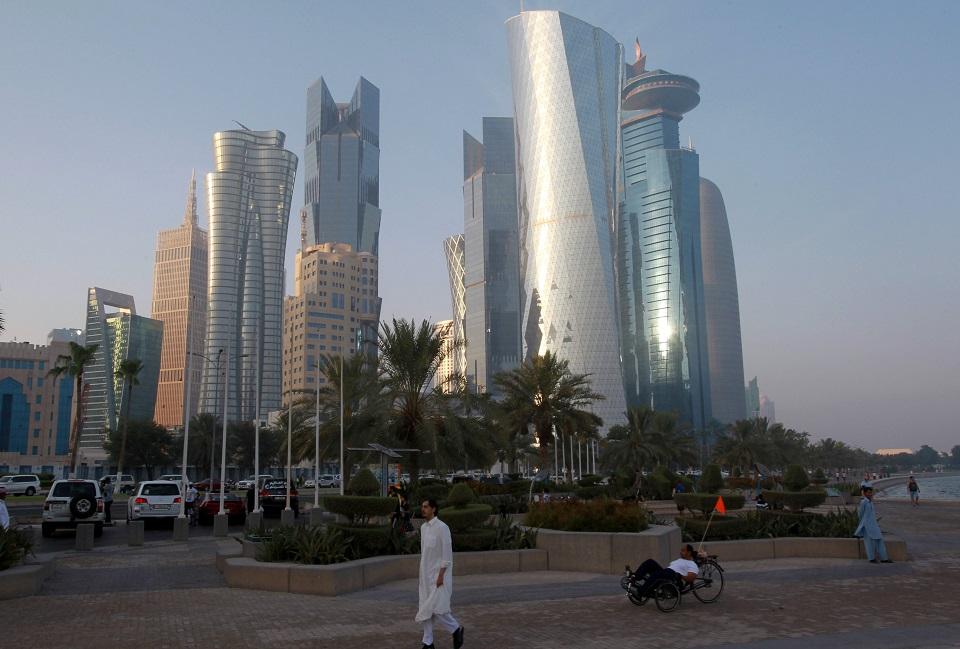|
wide selection of Islamist movements.
Those Arab nations not only abruptly suspended diplomatic relations, as they have in the past, but also surprised many by cutting off land, air and sea travel, to and from Qatar. All but Egypt, which has 250,000 people working there, ordered their citizens to leave Qatar.
The move created an immediate crisis for Qatar, whose only land border is with Saudi Arabia and which imports about 40 per cent of its food from the Saudis. Residents said that people were stocking up on food and cash.
Qatari diplomats and citizens were scrambling to meet a 48 hour deadline to leave some Persian Gulf countries where they had been posted.
Some analysts saw the sudden escalation as a sign that Saudi Arabia and its allies had been emboldened by the recent visit of President Trump, in which he publicly embraced the Saudis as a leading partner in fighting terrorism and countering influence.
|
|
Qatar, one of the richest countries in the world, has used their wealth in recent years to play an outsize role in regional politics. It has often sought cast itself as a broker, trying to mediate the region’s intractable conflicts. But, it has ended up angering all sides.
Its actions are a study in contradictions. Qatar has good relations with Iran, but hosts the American air base. It is helping to fight the Iranian linked Houthi rebels in Yemen, and it is backing insurgents fighting Tehran’s ally, President Bashar al-Assad of Syria. Yet it has also established back channels to Iran and brokered deals with it.
While its neighbors are disowning Qatar because of its ties to terrorism, connection to Iran and promotion of destabilizing forces in the region, the US is actually maintaining ties with the small Persian Gulf nation.
US had strike the pact to strengthen Qatari action against terrorist funding, an issue at the center of the diplomatic crisis in the Gulf that has pit longstanding American allies against each other.
|
|
The gulf countries have put the US in a difficult spot. Its allied nations are on both sides of the disputes. Qatar hosts the regional headquarters for the US central command, whereas, Saudi Arabia has strong counter terrorism ties with the US and is the top buyer of American Weapons.
Through this agreement, the US is trying to resolve this crisis. But the four Arab states leading a boycott of Qatar say it will continue, despite a deal between Washington and Doha to combat the financing of terrorism.
Saudi Arabia, the United Arab Emirates, Bahrain and Egypt said the deal brokered by the US Secretary State Rex Tellerson was “not enough”.
Qatar’s government “cannot be trusted”.
Anyhow, the US is working hard to solve the issues and to gain the trust of these nations. But they are not doing all these for these nations, they are doing all these for their own welfare, since, the US cannot think about the welfare of anyone else’s.
.
|
  
|
